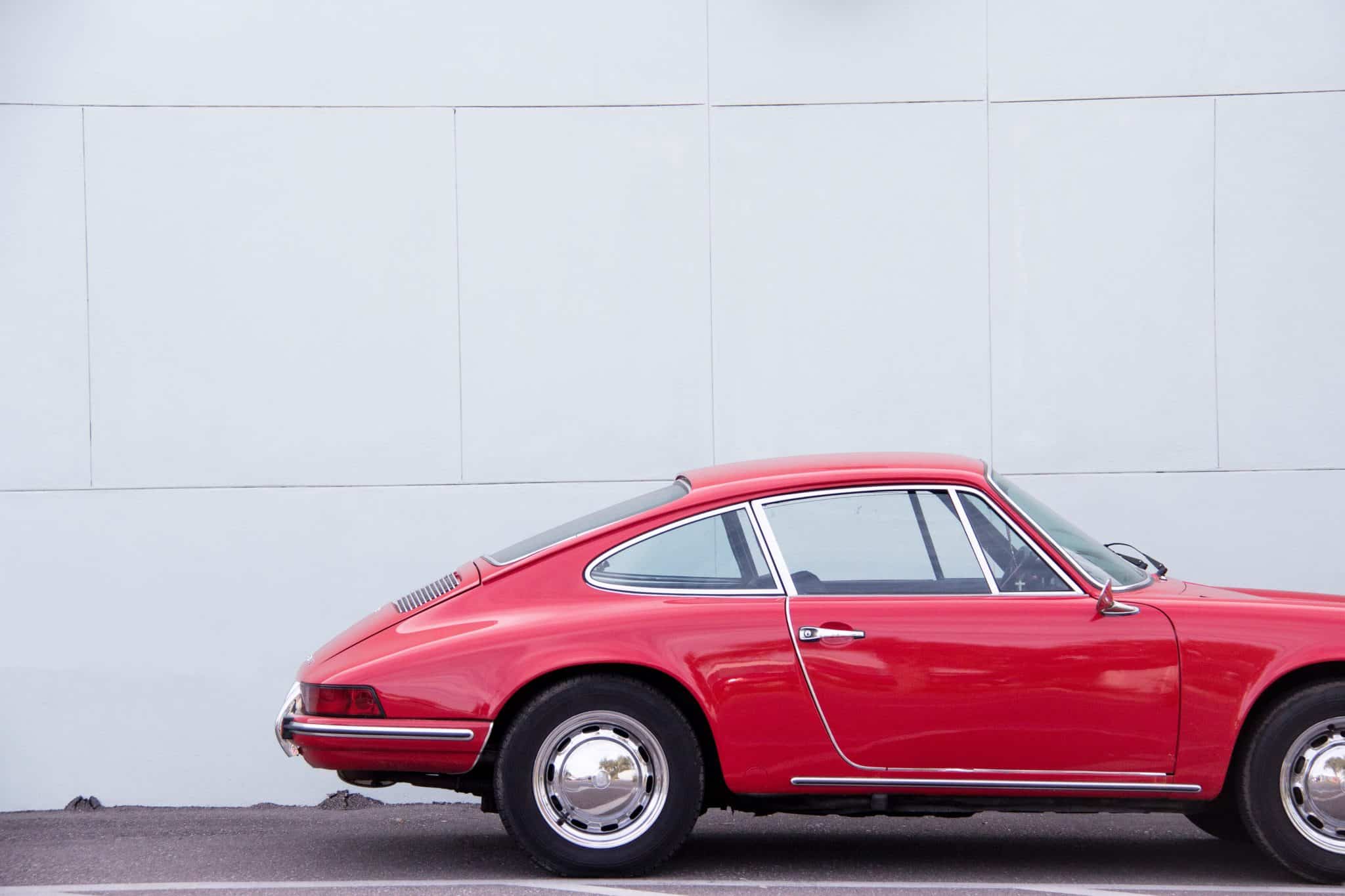
6 Wealth-Building Lessons from Khadijah (RA) Every Muslim Should Know
03 December 2025 8 min read


Ibrahim Khan
Co-founder
5 min read
Last updated on:
I was recently in a class with Shaykh Akram Nadwi[1] (SAN) where the discussion turned to the Islamic position on conventional mortgages, and Sh. Akram argued that he now agrees with Sh. Qaradawi’s famous fatwa on mortgages, namely that one conventional mortgage is allowed for a household if renting long term is not a viable option.
In this blog I don’t want to go into the discussion on what exactly constitutes a situation where renting is not viable long-term. I have previously covered that discussion here. What I want to discuss in this blog is an interesting line of argument adopted by SAN that got my cogs whirring. The argument goes:
I want to focus in on the parallel drawn in point 4.
SAN pointed out the inconsistency in the stance of those who legalise car insurance (and breakdown cover) as it is the law of the land and necessary for driving while ruling conventional mortgages haram even though it is also necessary in some cases to get them.
This is kind of an important point as there are a bunch of positions on these matters and this argument is an important deciding factor on which camp you fall into. Are you:
So who’s right out of Group One and Group Two?
The argument for allowing car insurance is that people need cars to get around in the UK – as we can’t be expected to use public transport and taxis all the time. Consequently, as we need to buy insurance due to the law, we are allowed to buy car insurance in Islamic law.
SAN and co. argue that no one forces us to buy car insurance (we can walk, take public transport etc) so it is not a strict necessity, and similarly we don’t have to buy a house – we can just rent – and so it is not a strict necessity. The issue is, is it a sufficiently difficult issue that we can justify legalising it due to general necessity? Group Two argue yes for car insurance and no for mortgage. SAN and Co. argue yes for both.
Group Two could argue that there is a disanalogy here as rented property is exactly equivalent to the property you will get with a mortgage, and so one is not put under any major difficulty if one continues renting. However public transport/taxi is materially different to having your own car and so there is a genuine difficulty in the case of having to rely on public transport/taxi all the time instead of your car. The two things are not like-for-like.
I feel this a good argument, especially in cases outside of urban centres like London. Once we’re talking about London however, I feel, due to the ubiquity of black cabs, Uber, and underground stations, and the added regular hassle that comes with having a car (parking, traffic jams etc), the argument is a bit weaker as the onerousness calculus of your own car v public transport/taxi shifts. However even in places like London ultimately people do use cars – and for good reason: they’re convenient. A woman travelling to her mum’s at night will feel much safer in her own car as opposed to a taxi. The two options are still materially different.
A second argument that Group Two can put forward is that every mode of transport in the UK must legally have some level of insurance on it – be it public transport or taxis. Consequently one cannot avoid supporting insurance indirectly anyway, so one might as well get insurance on one’s own car and get on with life. With houses however, it is not true that every house that exists in the UK will have a mortgage on it. It may happen to be the case that the one you are renting might have a mortgage on it, but it’s not always true. Consequently, renting is not necessarily linked with a conventional mortgage while any kind of public transport/taxi/your-own-car is linked to insurance. So this is another distinction between the case of mortgages and car insurance, and why mortgages are said to be haram by Group 2 and car insurance halal.
However this is not a particularly appealing argument for me as in Islamic law, standardly, what goes on between the owner of the house, taxi, bus, underground train – is none of your business. You are transacting with them just like you would Tesco, Lidl, and Next. Nobody can suddenly say – it’s haram to shop there as they are doing XYZ unislamic thing. Your transaction with them is entirely halal in both cases – renting a property or payment of transport services. So this I don’t feel is a strong disanalogy between car insurance and mortgages.
A substantive argument is made by Group One scholars to say that both conventional mortgages and car insurance should be allowed due to necessity (in certain cases) as they are analogous, however, for the reasons discussed above, I feel that their argument fails as there is a significant difference in the two things. Consequently Group Two’s position is, for me, the stronger one.
Of course it is important to bear in mind that Group One scholars are pushed in the direction of allowing conventional mortgages through necessity as they think Islamic mortgages are the same as or worse than conventional mortgages. So for them there is no real “Islamic” alternative to mortgages other than renting – and that’s unpalatable. However for many Group Two scholars, they are happy to say conventional mortgages are haram as there is a viable alternative to it other than just renting: Islamic mortgages. And that discussion is again something we’ve covered before at IFG here, here, and here.
And of course there is another school of thought out there too: those who think insurance is generally fine anyway, not due to necessity, but per se. But we’ll leave that discussion for another day!
Footnotes:

03 December 2025 8 min read

26 November 2025 6 min read

13 August 2025 12 min read
Leave a Reply